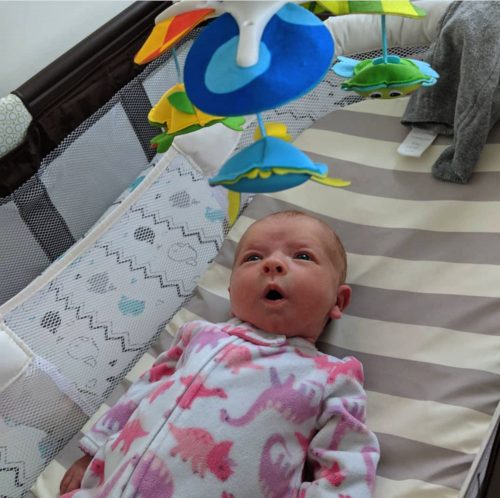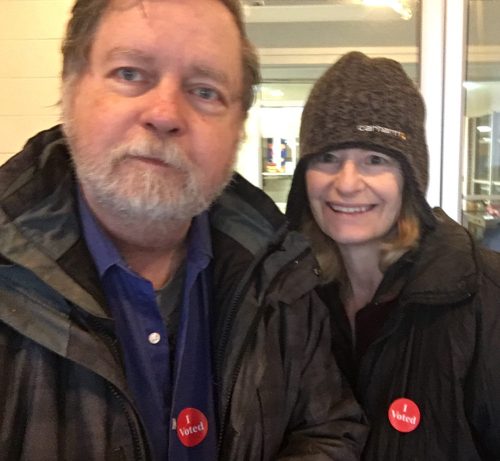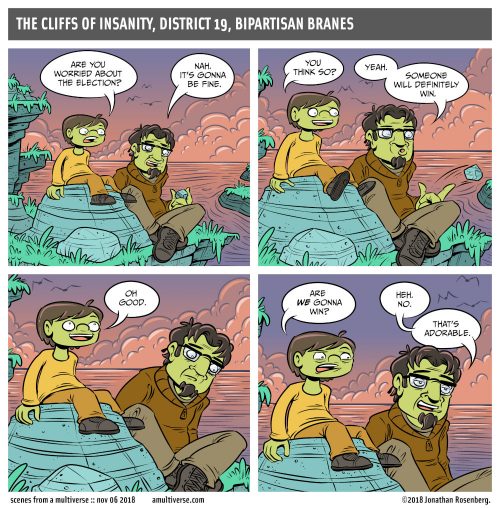Sorry, buckos, it’s another comment on Jordan Peterson. But I think he’s losing it. He’s on a lengthy world tour and is posting delusional missives about his mental state.
So it’s 2:39 a.m. in Oslo, Norway. I woke up in a too-hot hotel room out of a fitful nightmare, which I can only partially remember. I haven’t had a dream that I could recall even that clearly in a very long period of time. The last one was about traveling and speaking and not getting enough to eat. That was about six months ago. It occurred just before I embarked on what has now been a nine-month, 85-city world tour. I am on a very restricted diet, eating only beef and water, as a consequence of what appears to be a rather intractable auto-immune disease. I was concerned at some deep unconscious level about what might go wrong if I set out to talk with 250,000 people: If I could not eat, then I could not think and then things would not go well. Hence the nightmare. It was a warning of what might go wrong (and has not).
Has too.
I don’t remember my dreams very often, either, but when I do, they tend to be surreal and sort of playful (I’m one of those lucid dreamers). I don’t think I’ve ever had a violent dream about beating people up — maybe it’s because I eat a healthy diet — but it seems to be one of his themes.
In this dream I was speaking to a young man. He was very garrulous and irritating; he was unkempt, poorly put together, and he simply would not shut up. Everything he said was designed to provoke and to test. He finally pushed me beyond my limit of tolerance. I grabbed him, physically, and threw him against the wall. It was like wrestling with dough.
In my dream, I wrestled my opponent to the ground. He was still talking, mindlessly, mechanically, rapidly, nonstop. I bent his wrists to force his knuckles into his mouth. His arms bent like rubber and, even though I managed the task, he did not stop babbling.
You’d think a psychologist would be able to provide some insight into all this. But no. It was because he had a bad experience with a French journalist the day before. He was resentful because the journalist wouldn’t swallow the bullshit he peddles, so he had a dream about forcing him to accept what he said. His response is to dehumanize someone who disagreed with him.
I hadn’t spent two hours talking to a person. The person wasn’t there, or was barely there (even though the journalist had the makings, I would say, of a fine young man). I couldn’t reach him. Instead, I had a very irritating discussion with an ideologically possessed puppet and that was both too familiar and too unpleasant. I had a shower, and we went for a steak, and we tried to put the episode behind us, as we must, under such conditions, when the next city and the next audience beckons, the very next day. But the part of me that lurks underneath, dreaming, still had something to say.
And that something was SHUT UP!
, and also to regurgitate that NPC meme that’s making the rounds of the right-wing trolls.
He’s not holding up well under the strain of his diet and finding out that a lot of people can see right through him. Poor man.





